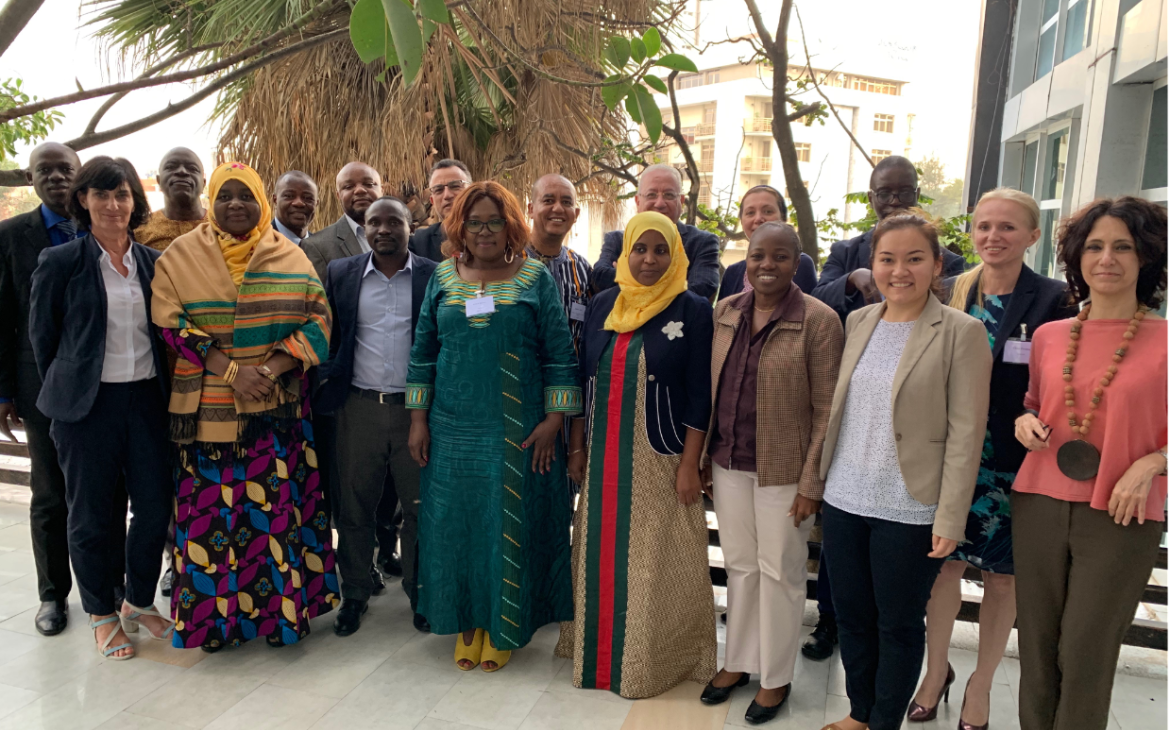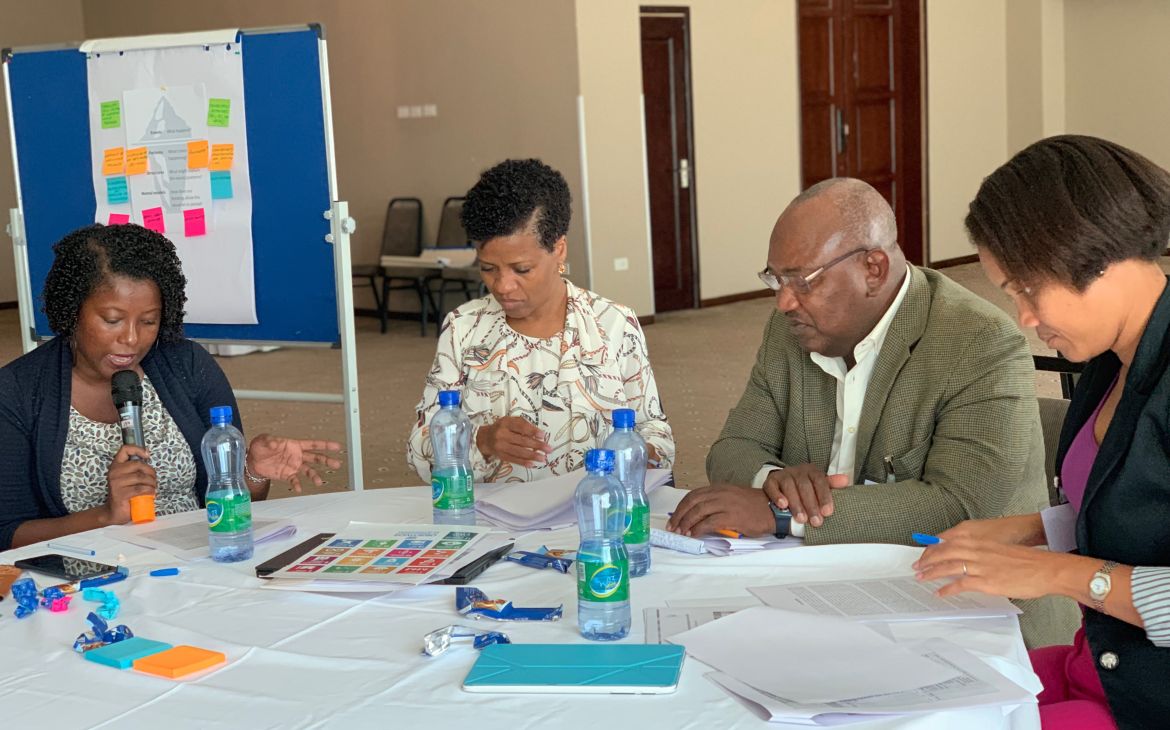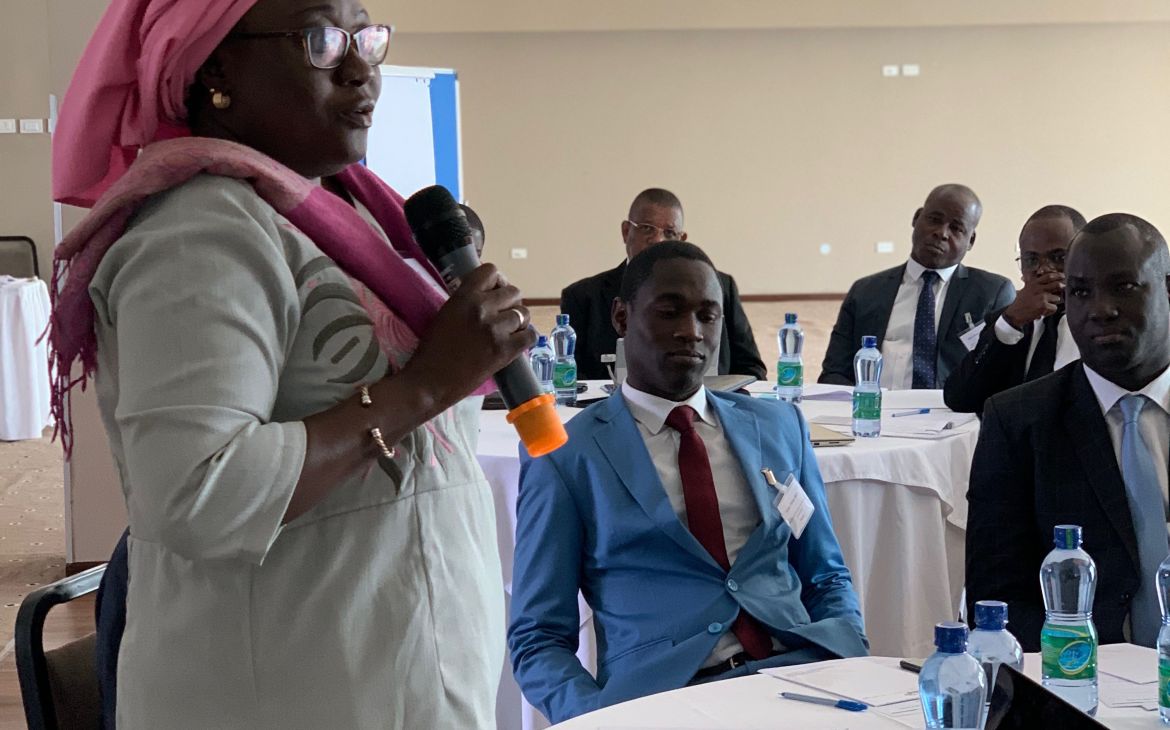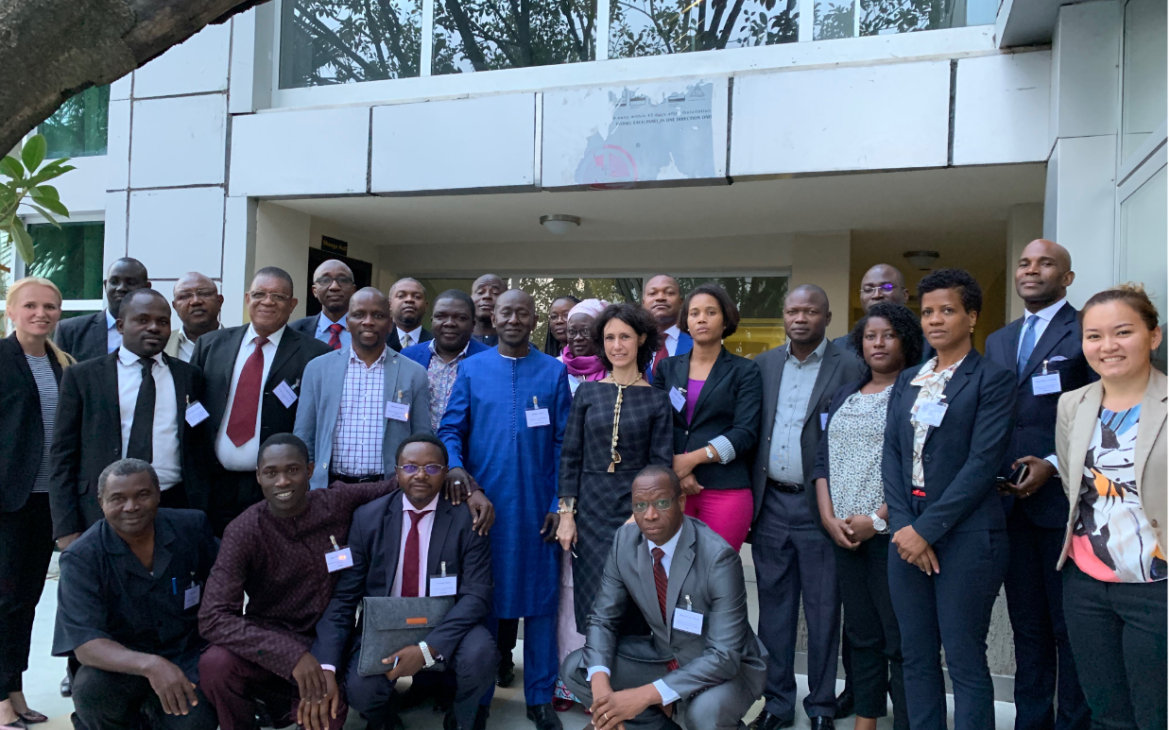UNITAR’s Strategic Implementation of the 2030 Agenda team has successfully brokered partnerships around two key initiatives that are expected to deliver greater impact for a high number of beneficiaries on the ground.
The first initiative titled UN SDG:Learn builds on the successful experience of UN CC:Learn while customizing the solution to the realties of the SDG learning landscape. Its main objective is to enable learners around the world to navigate through the wealth of the existing learning products and services in a smarter way. It is hoped that the Platform will enable UN and key other partners who have already joined the initiative since early June – around 40 Organizations – to reach out to millions of people in the future. Regional pages will also tailor to specific regional needs and resources.
The initiative benefiting from the direct support of the UN Deputy Secretary-General Ms. Amina Mohammed will be launched during the High-Level Political Forum on Sustainable Development on 9 July 2019 at UNHQ.
Significant progress has been made on the Platform and the Partnership, the first two components of this initiative developed jointly by UNITAR and UNSSC. It is expected that more will be achieved in the coming few months in terms of additional partners and more advanced features allowing users to test their knowledge before comparing and choosing available learning products and resources. Thematic podcast and blog series will reinforce the Platform’s ambition to help reach out via microlearning to those leaners who only have very limited time to spare. Finally, both entities will be closely working with UN Development Coordination Office and other Partners to explore opportunities for synergies in delivering joint learning support at country level.
In addition, a new partnership has emerged as UNITAR, UNDESA and UNDP have successfully designed and developed two training of trainer workshops on integrated policies for the SDGs for 10 African countries. The countries that took part in these workshops held from 20 to 26 June 2019 in Addis Ababa featured a diversity of contexts from LDC and/or SIDS status to countries in fragile situations.
The workshops have been an opportunity to review of the implications of policy coherence requirements in the context of national development planning processes and provide to participating government officials an overview of, and practical extracts from, the qualitative methodology already applied by UNDESA in a limited number of pilot countries. This methodology aims to help identify SDG entry points with highest systemic impact, resolve trade-offs between different policies and program areas through stakeholder engagement, as well as contribute to building joint ownership. It was complemented by an explanation of the quantitative approaches and modelling tools applied, for example, by UNDP and other UN agencies as part of the MAPS approach and of how and when the latter could complement the proposed qualitative, participatory methodology.
Based on this first experience, UNITAR and UNDESA will work together to update the ToT package and methodology and pilot-test the upgraded version in one additional region later this year. Furthermore, UNITAR, UNDESA and UNDP were requested by several countries to provide further support to their efforts to apply a combination of qualitative and quantitative tools for greater policy coherence and systemic impact across all SDGs adapted to reflect national circumstances and priorities.





